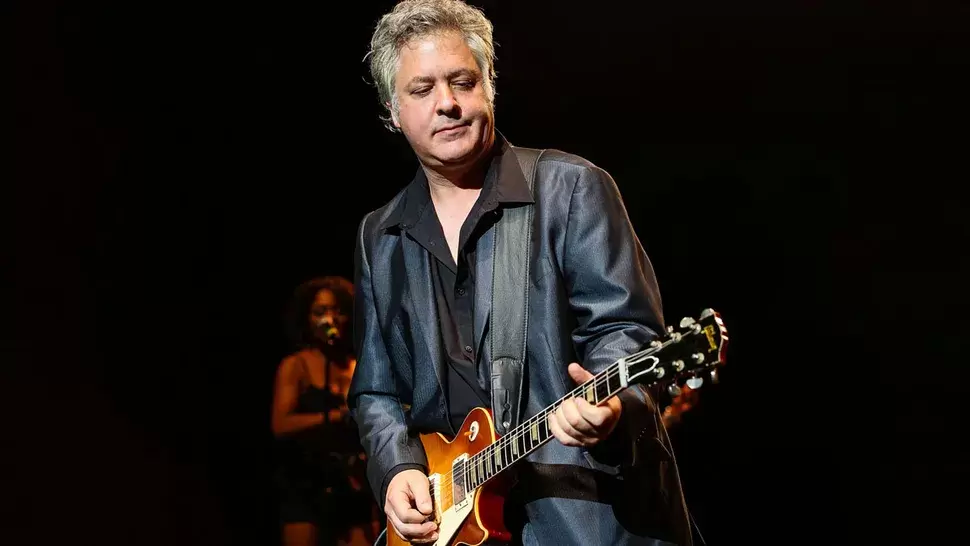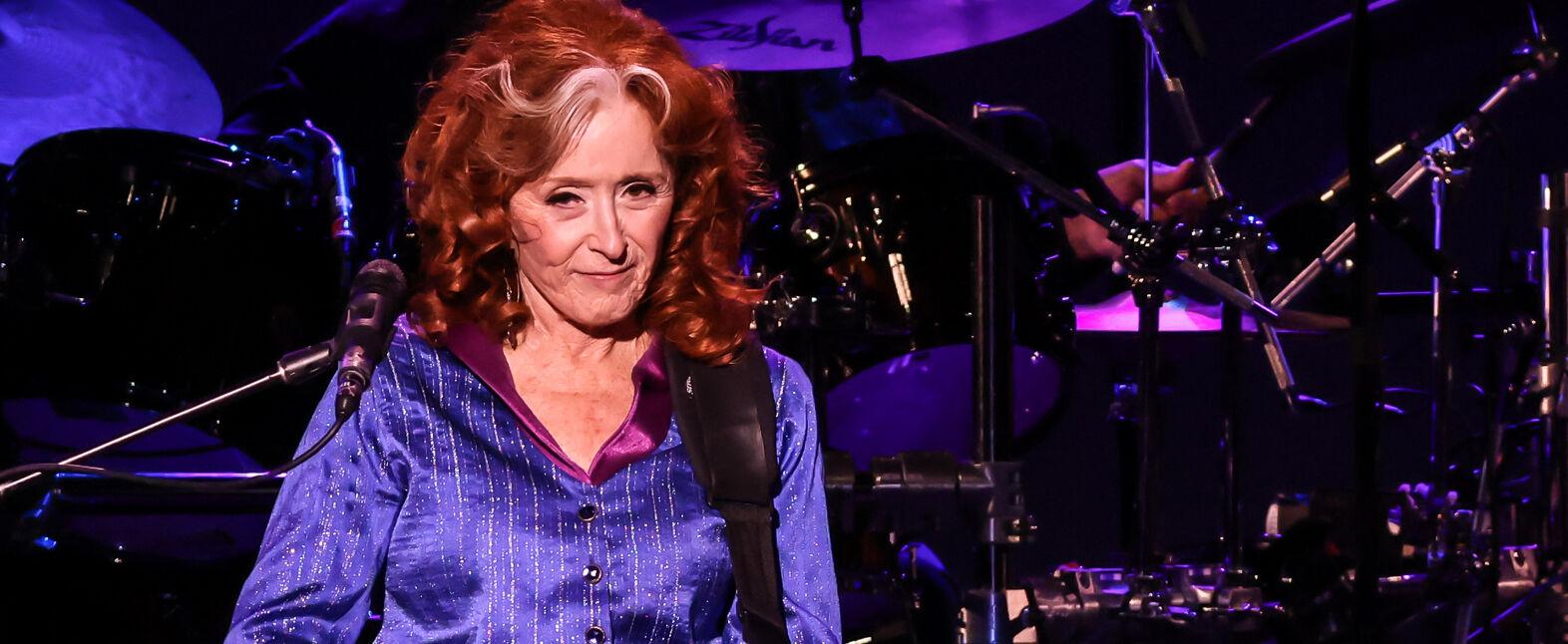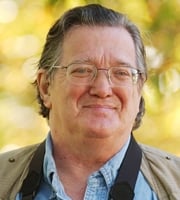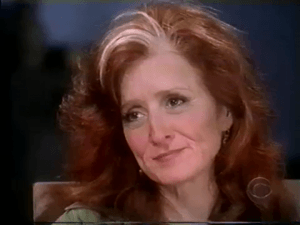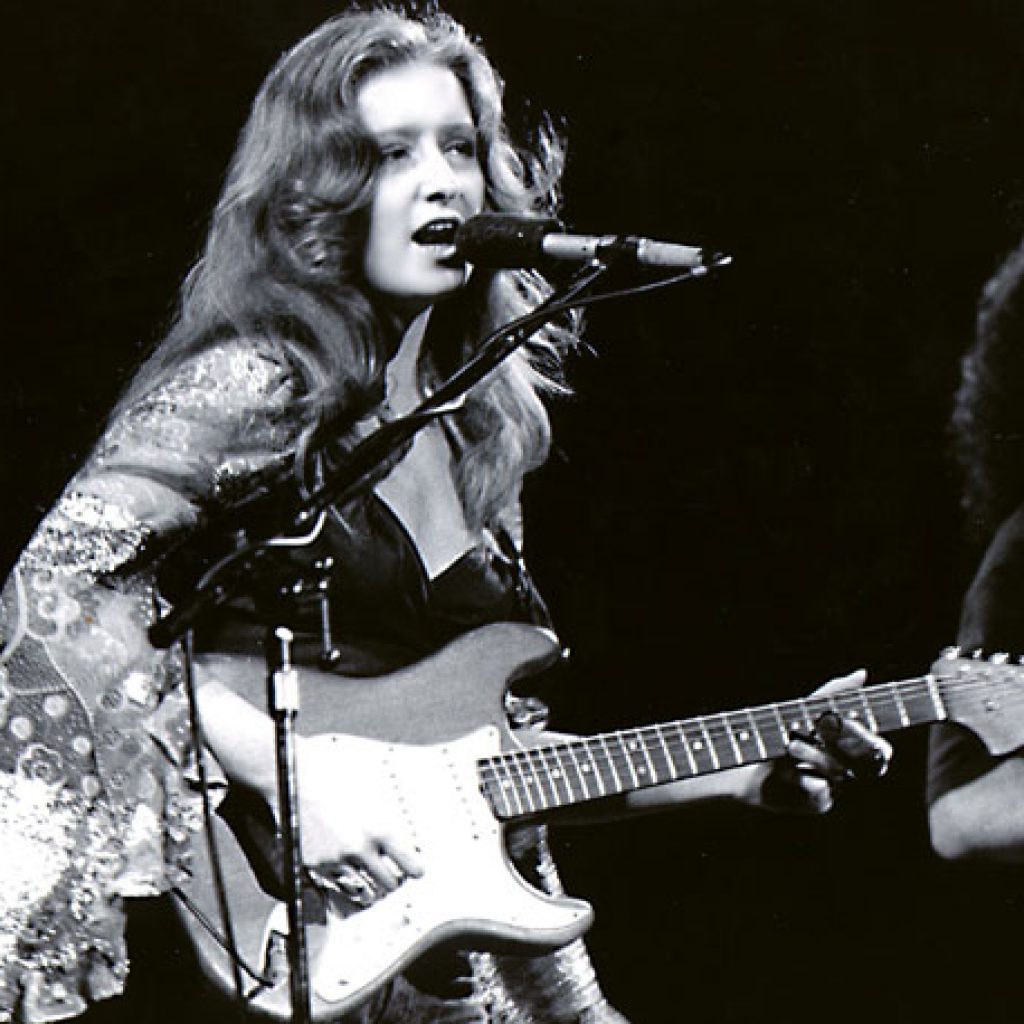
Waterloo Region Record
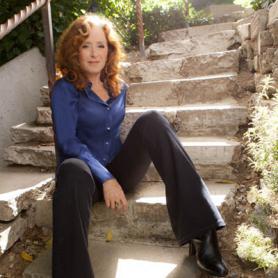
She’s as down-to-earth and humble as you might imagine, as thoughtful and intelligent as the blues-roots-rock hybrid she’s been playing for almost 50 years.
But the most distinctive thing about Bonnie Raitt is that she talks in long, mellifluous, perfectly parsed run-on sentences — without any periods.
“I wouldn’t call it an overnight success,” she responds when I ask how it felt to become a superstar at 40 with her 1989 Grammy-winning album, “Nick of Time.”
“I’d had nine albums out by then and a strong steady following live and I never was in doubt about having career success … it was just that it catapulted me to No. 1 and million selling sales from winning all those Grammys (three, including the prestigious Album of the Year) in one night, which none of us expected, so it was actually a wonderful boost to an already stable career and came at a time when I was more mature and clear-headed and actually could probably handle it a lot better than a lot of people thrust into that spotlight and pressure in their early 20s.”
See what I mean? Long, rambling exposition that flows like a river, but conveys ideas concisely, cleanly, without extraneous verbiage. Just like her music.
“I never really was concerned with having to chase that brass ring of one hit record after another,” she continues in her easy conversational tone.
“I really had my eye on the long run, so I wasn’t looking for commercial success, just a steady, slow gathering of fans who would stick with me.”
Her record company had other ideas, attempting to position her as a more soulful Linda Ronstadt on her 1977 album “Sweet Forgiveness,” with a bluesy remake of Del Shannon’s early ’60s classic “Runaway” as the kickoff single.
When it failed to set the world on fire, she spent the next dozen years toiling as a critically respected cult figure, barely a dime in her pocket, wondering if perhaps time had passed her by.
But if you’re expecting regrets from Raitt, guess again.
“I think I wasn’t emotionally into being a big superstar or else I would have bent myself into shape and hired a high profile manager and done a certain kind of product,” she notes with the same laid back charm that infuses her music.
“But my music was always kind of rootsy and that kind of stuff doesn’t get played on the radio, so I wasn’t expecting it, but I often wished I had better airplay in the ’70s when my sisters Linda Ronstadt and Maria Muldaur and Emmylou Harris seemed to be getting played, and I didn’t seem to be able to break through, so a little more success would have been great, but I was happy to wait and enjoyed it when I got it.”
Having apprenticed with mature blues legends like Howlin’ Wolf and Sippie Wallace as a young performer, it can be argued the California native — who opted for musical authenticity over the blunt sexuality of her peers — simply hadn’t grown into herself as a performer.
Just as perky pin-up Ronstadt was the perfect artist for the flamboyant, freewheeling ’70s, the reflective, less glammed up Raitt was ideally suited for the more cynical George Bush years.
“It was just my time, as Elvis Costello likes to say,” she philosophizes about her late career rebirth, again without pausing.
“Sometimes you get a shot and you’re not heard from again until 10-15 years later and you make a ‘comeback’, but actually you can be making great music the whole time, it’s just not your turn on the wheel.”
By the time the cool, meditative “Nick of Time” rescued her from near obscurity — and catapulted her from No. 138 (her previous album) to No. 1 on Billboard — the world was ready for her sophisticated blend of blues grit, bottleneck guitar and bittersweet insights into aging and love.
“When did the choices get so hard, with so much more at stake?” she croons on the sweetly optimistic title track, about being scared and middle aged and worried life is passing you by.
“Life gets mighty precious, when there’s less of it to waste … scared to run out of time.”
After 20 years of being almost famous, Raitt — at an age when most pop stars think about taking up residence in Las Vegas — found her moment had come at last.
“I’m just really grateful that in 1990 everybody decided I was cool,” she laughs, owning her success with characteristic humility.
“I’ve been incredibly blessed in a business that eats its old and young to make it this long.”
After a string of hit albums that included 1991’s “Luck of the Draw” and her biggest hit, “Something To Talk About,” she found herself crowned Grammy High Priestess, racking up an impressive 11 awards in a very short time. Bang, bang, bang.
“I only have 10,” she interjects politely, “unless somebody didn’t tell me something overnight.”
Hold on, I counter. Did she include the one she shared for best instrumental on her 1997 tribute to Stevie Ray Vaughan?
“Oh, you’re right, I guess I haven’t been counting.”
What’s up with all those Grammys, anyway? I persist. Who gets 11 Grammys after being ignored for 20 years?
She laughs.
“There were really only about 5,000-6000 people voting in the ’90s, and the Academy was made up of engineers and artists … it’s basically getting honoured by my peers.
“I think there’s just a residual affection for me, it came about by kismet.
“And I think I made a better record than I had been making, and I had a new record label that actually cared about me, and even before I got the nomination, we sold almost a million copies and I was getting great reviews.”
The upside to her belated success — because it was authentic and hard-won — is that she’s regarded with the same reverence by the pop stars of today, including Adele and Chris Stapleton, that she felt for the grizzled bluesmen of her own youth.
“It feels really great,” she notes genuinely. “Younger people talk about me in such an adoring way, with so much respect, it makes me feel gratified and proud and I’m glad to be in that slipstream of people because there’s people who have influenced me and continue to influence me, including my own generation, so it means so much to me.”
There’s also, she says, a wisdom that comes with experience.
“When I met Muddy Waters and John Lee Hooker, they were in their 60s, and I’m in my late 60s now, and I can see why they felt the way they did and acted so cool and collected and didn’t really care what people thought … they were really very mellow and bemused by the attention, and very grateful, and that’s how I feel.”
Another bonus: unlike of-the-moment pop music, Americana — the music genre in which the personable 67-year-old toils — doesn’t discriminate against artists based on age.
“It’s just one of those nonmainstream formats that allows you to age and experiment and keep your fans and change your look, because it’s not as looks-based,” she admits freely.
“I come from a family where my dad (Broadway star John Raitt) worked until he was in his mid-80s, and a lot of people I look up to are folk, blues, roots, jazz and classical artists, and they’re able to age and just get richer and more experienced and their fans love them more and more as they get older, if they’re lucky enough to keep their health and chops together and keep saying something interesting in their art.”
Longevity — it’s not something she could have foreseen when her debut album came out to critical praise (and commercial indifference) back in 1971.
“I don’t think any of us in our early 20s imagined we’d still get to do this at this age,” she notes breathlessly, “so I would say I’m delighted to be able to tell younger version of myself I stuck with it and my fans stuck with me, and I’ve been sober 30 years — I’m sure that helps — and I love what I do so I don’t see any sign of giving it up and I’m so lucky to still have this … “
Aware her next interview is beeping on the other line, she trails off mid-sentence and politely bids adieu.
Like her career, filled with peaks and valleys no one could have predicted, Raitt’s punctuation has a life of its own.
Joel Rubinoff is the arts and family columnist at the Waterloo Region Record. He can be reached at JRubinoff@therecord.com. Follow him on Twitter and The Record on Facebook.
Bonnie Raitt
with opening act Royal Wood
June 7, 8 p.m.
Centre in the Square, Kitchener
Tickets $72.50-$99.50.
Call 519-578-1570 or go to www.centreinthesquare.com
Source: © Copyright The Hamilton Spectator






 Visitors Today : 41
Visitors Today : 41 Who's Online : 1
Who's Online : 1












